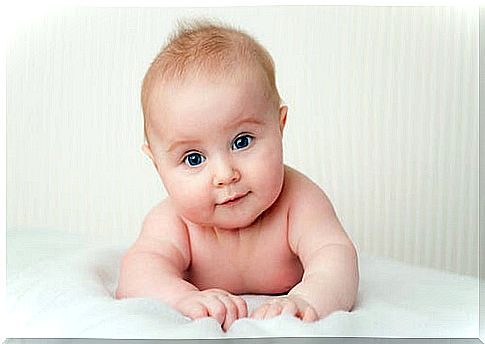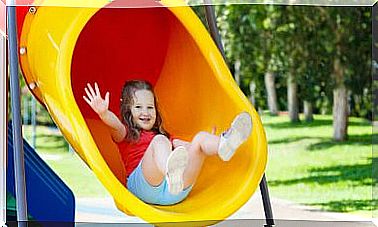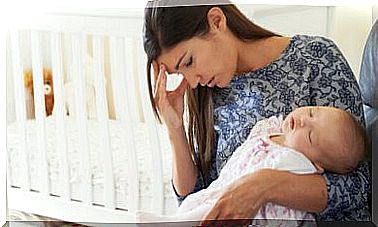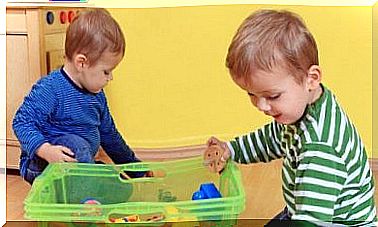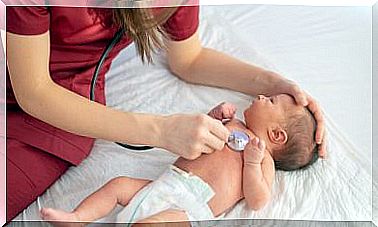Emotional Development From The Prenatal Period To 6 Months
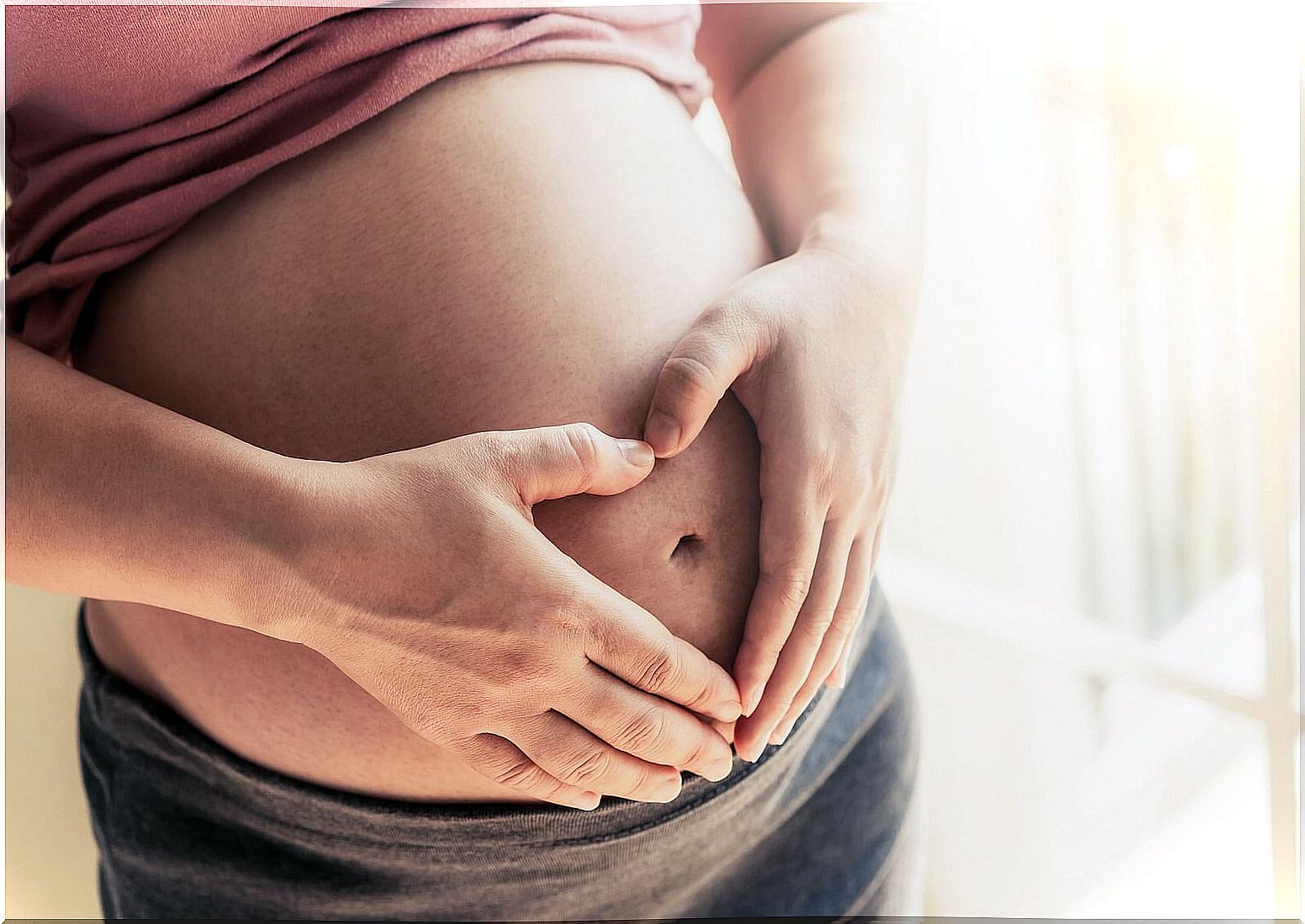
Some claim that it is our emotions that make us human. And, curiously, these begin to emerge already in the womb. Thus, although it may seem that babies are limited to meeting their physiological needs, emotional development during the first stage of life is crucial. These early emotional experiences will shape your future in significant ways.
Keep in mind that emotional development includes the impression that the child makes on himself, on others and on the world. Your perceptions of your own worth, how trustworthy others are, and how pleasant or hostile the environment around you is. All this mental map is configured through the relationship with the most significant people in the baby’s life, usually mom and dad.
Starting from a very limited base, the child’s emotional world will expand and become increasingly complex. Your ability to identify your own and other people’s emotions and express your inner states will be perfected. And although at six months it is still relatively low, the progress will be astonishingly visible.
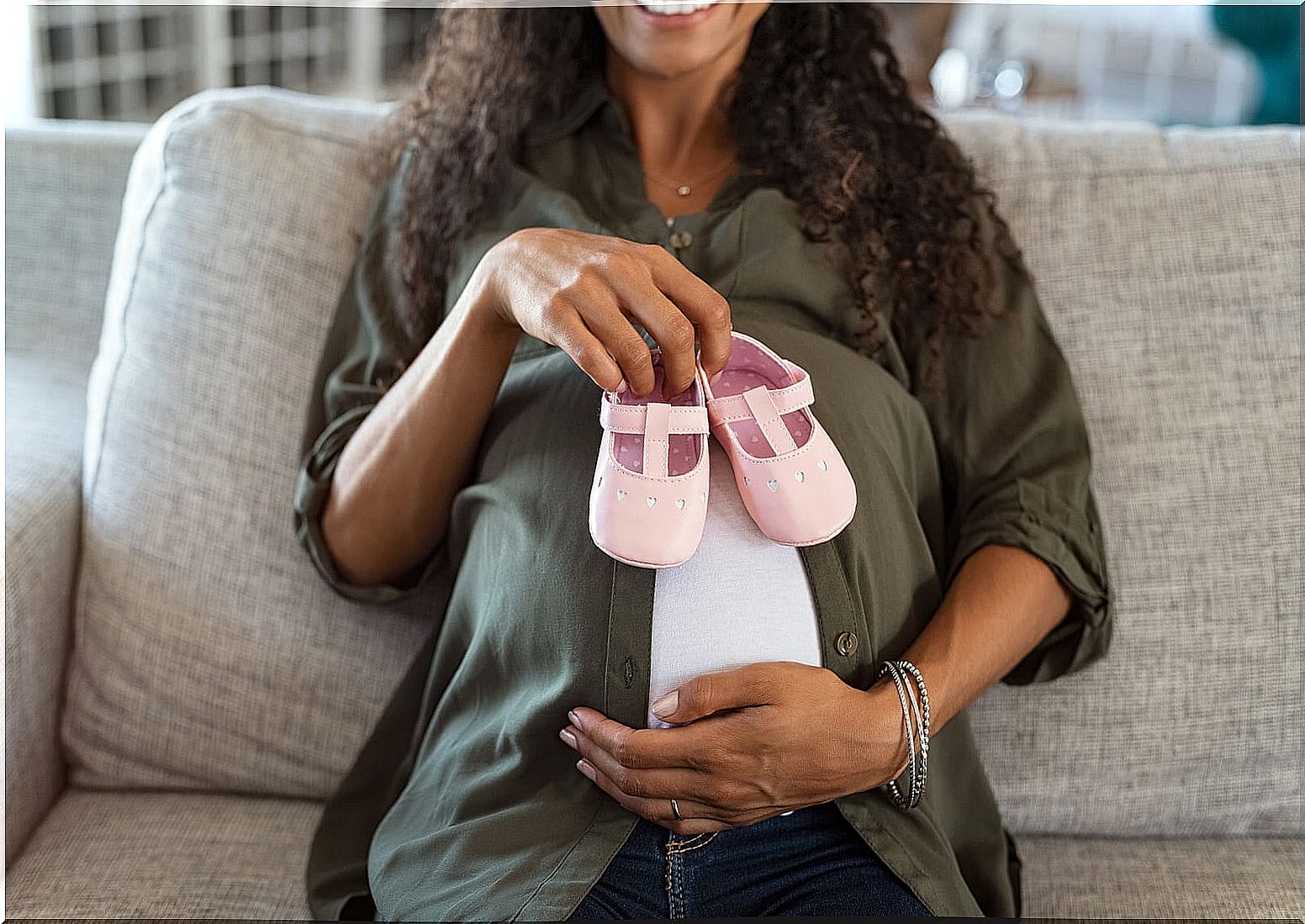
Emotional development during the prenatal period
Surprisingly, the emotional life of the baby begins already inside the womb. And, as is evident, it is closely linked to the emotions experienced by the mother. These become palpable to the fetus, not as complete and complex emotions, but as sensations. The child may experience pleasure, calm, satisfaction, startle, or alertness.
These sensations are the preamble that prepares you for the world that awaits you outside. Therefore, pregnancy is a very important stage in emotional development.
When the mother caresses her belly, the baby feels the warmth of this act and when she is subjected to high levels of stress, the child is affected even on a physical level. If cortisol levels are very high, they cross the placental barrier and put the baby in a detrimental state of alert. Therefore, it is essential that women develop a happy, pleasant and smooth pregnancy.
Emotional development during the first three months of life
Once born, the baby is totally helpless and dependent on the adults around him. These are the ones in charge of feeding and protecting it and their actions greatly influence the emotions of the little one.
The newborn has a very limited emotional reaction capacity that does not go beyond showing general arousal. Later, pleasant and unpleasant reactions and sensations begin to differ. The former are clearly evident when the baby suckles, while the latter, generated by a loud noise or by preventing the child’s mobility, trigger crying and screaming.
As he interacts with the environment, the child becomes aware that his emotional reactions are perceived and attended by adults. Check that their cries are answered with attention, affection and food and, therefore, begins to use them intentionally to express their needs.
What happens from three to six months?
From the fourth month, the baby’s ability to recognize emotions on the faces of those around him improves significantly. Thus, he is able to perceive basic emotions such as joy, anger or sadness in others and is also able to imitate these expressions.
In addition, by six months, the child can already remember objects and people and begins to distinguish between the familiar and the unknown. This makes you feel calm and well-being in the first case and that you experience restlessness and fear in new situations and people.
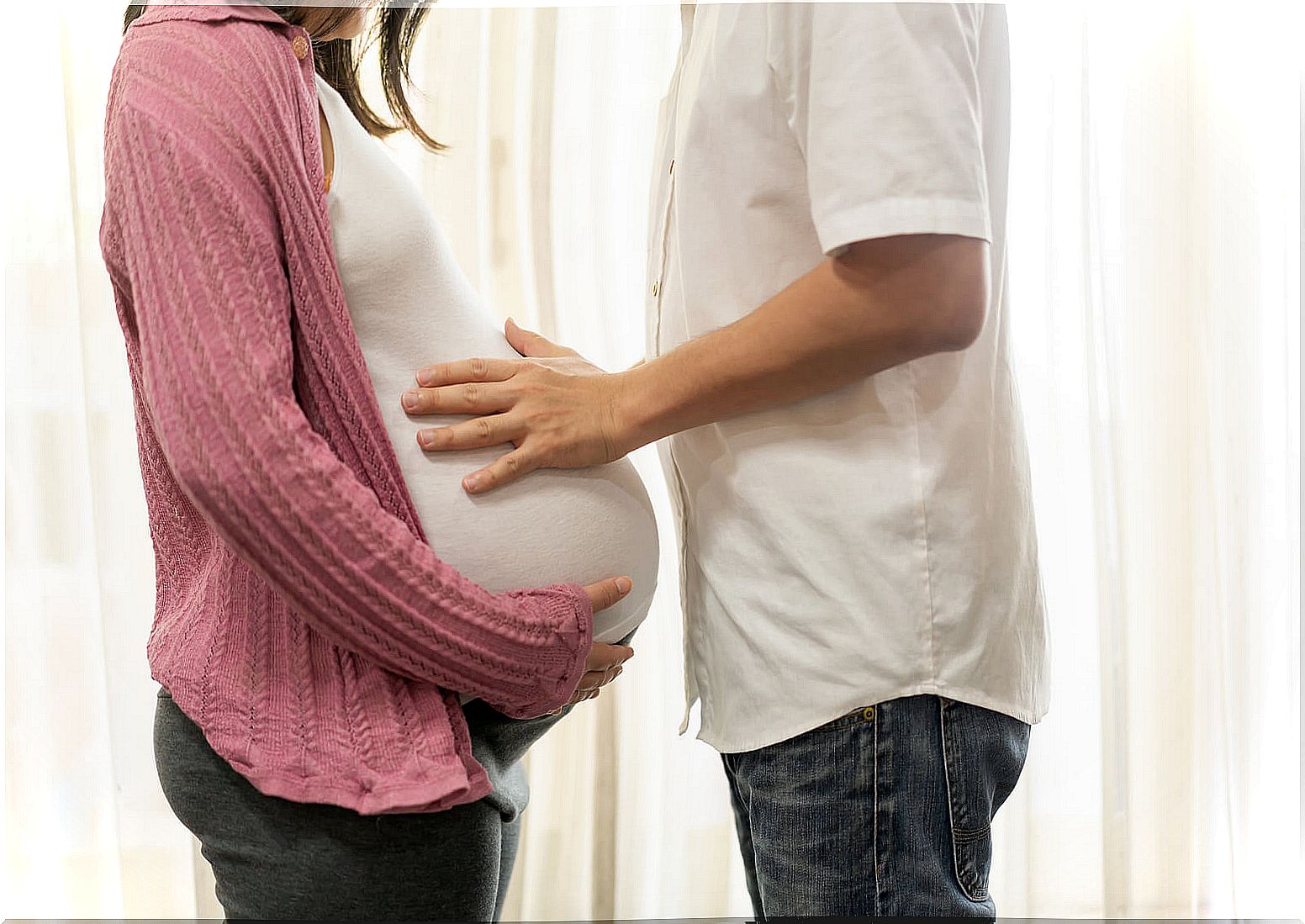
Take care of their emotional development
Thus, emotional development during the first months of life becomes more complex and sophisticated as the child receives stimulation from his environment. Initially, their reactions will be limited to agitation and crying of discharge, but they will progressively give way to their first smiles, their first demands for attention and their ability to express emotions.
Above all, in these months the foundations of the child’s emotional world are forged. The affective bond that is established with their main attachment figures will determine whether the child grows up experiencing healthy and positive emotions or traumatic and disturbing emotions. For this reason, from the moment you know that you are pregnant, start taking care of the emotional development of your baby, since it has already begun.
